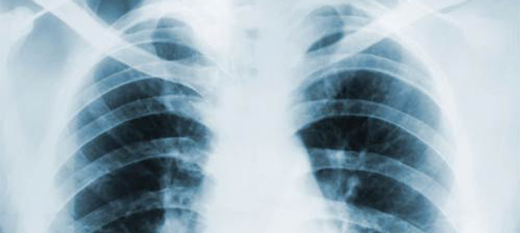As the winter air becomes increasingly dry and cold, asthmatics need to keep a close eye on their asthma. It’s a common misconception that winter is better for asthmatics because pollens and other common triggers aren’t so abundant, but the truth is that, for some people, the cold air, smoke from fireplaces, and dust and irritants from being indoors can be a threat, too.
Asthma is a common chronic lung disease that affects normal breathing, due to tightening of the airways, inflammation and increased mucous production. When inflamed, the airways become restricted, making it difficult to move air in and out of the lungs.
Asthmatic symptoms include wheezing, coughing, shortness of breath, difficulty breathing and chest tightness. Asthma can be a very debilitating illness for those who suffer from it and, as always, prevention is better than a cure.
In winter, the air inside is of a poorer quality than during other seasons because windows and doors are usually kept shut to keep in the warmth. As a result, you can breathe in more potential triggers, such as dust mites, mould spores and pet hair.
Minimising your exposure to all these potential triggers can greatly reduce the risk of setting off an asthma attack. When braving the cold air, wear a scarf around your mouth and try to breathe through your nose as this humidifies the air, making it less likely to trigger an attack.
When keeping cosy inside, vacuum regularly to reduce the build-up of dust and pet hair, which are common asthma triggers. Also try to avoid smoke from fireplaces by keeping the door shut on wood heaters and open a window when possible. People with asthma are also at higher risk of complications from the flu virus because the flu has an effect on the respiratory system, worsening asthma symptoms.
When heading into flu season, asthmatics may choose to get a flu vaccination. Check with your doctor to see if it’s right for you. Take your preventive asthma medication as usual throughout the winter and your prescribed inhaler when required.
If your symptoms become too much to control, seek medical attention immediately at your local AMS or doctor’s surgery. Many cases of asthma go undiagnosed for years. If you or your children have any of the symptoms related to asthma, visit your doctor for a diagnosis and medical treatment.

Comments are closed.